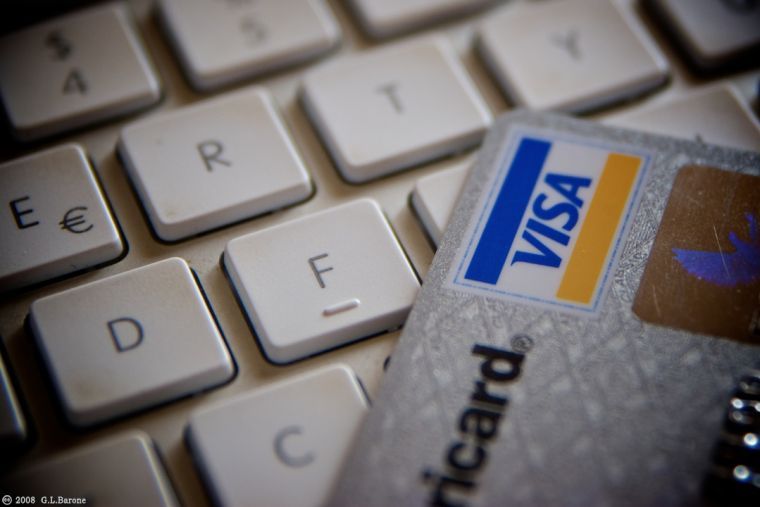From Nov. 15 through Dec. 15, 40 million credit and debit card accounts —including customers’ card numbers, expiration dates, debit card PINs and the implanted code on the magnetic strip on the back of cards—were stolen in a data breach. The victims were shoppers who used their credit and debit cards at the Target retail company.
Target disclosed that hackers stole an additional trove of data affecting around 70 million people. That data included names and phone numbers as well as email and mailing addresses.
In the aftermath of Target’s security breach scandal, Ananta Sinha, the Supervisor of Common Learning from the IT Department at the University of Massachusetts Boston, advises the UMass Boston community with procedures and precautions on how to protect their credit and debit card accounts.
Sinha recommends that UMass Boston community members each get a free credit report. Sinha stated that “this will allow them to check their credit history and if they notice anything [suspicious], they can report it to their financial institution. This is the first step.”
“Use cash as often as possible,” advises Sinha. He explained that using cash is the best way someone can protect his or her credit and debit card. “Obviously, the less someone uses his/her credit/debit card accounts the safer this person will be when it comes to being a victim of cyber crime,” he added.
For online transactions, Sinha proposes that UMass Boston community members use PayPal payment methods and reminds them to always use the secure feature browser of whatever website they are in.
He explained that the computer someone may use to access any suspicious or fraudulent websites should not be the same computer that someone uses to manage their credit and debit card accounts on. Sinha believes these websites have the potential to infect your computer and ultimately make a person vulnerable to hackers.
“Now we have an obligation to try not to use our credit/debit card on the same laptop/desktop computer we use to do everything,” Sinha continued. “There are websites that maliciously contain malware,” he warned.
For anyone who was a Target customer during the data breach, Sinha suggests that this person should request a new credit and/or debit card and change the password or PIN numbers.
CEO Jamie Dimon of JPMorgan Chase, whose company has already replaced 2 million credit and debit cards as a result of the Target breach, explained this could be just the beginning of new area of heavy cyber crime activities if banks and retailers do not unite on security. As he put it, “more Target-sized security breaches will happen if banks and retail stores don’t start working together to further protect customers’ data.”
This recent Target security breach is considered the second-largest theft of shoppers’ credit and/or debit card data, following the theft of 90 million customers’ data from discount retailer TJX in 2007.
Data breach threatens credit and debit card account security
January 24, 2014





















































